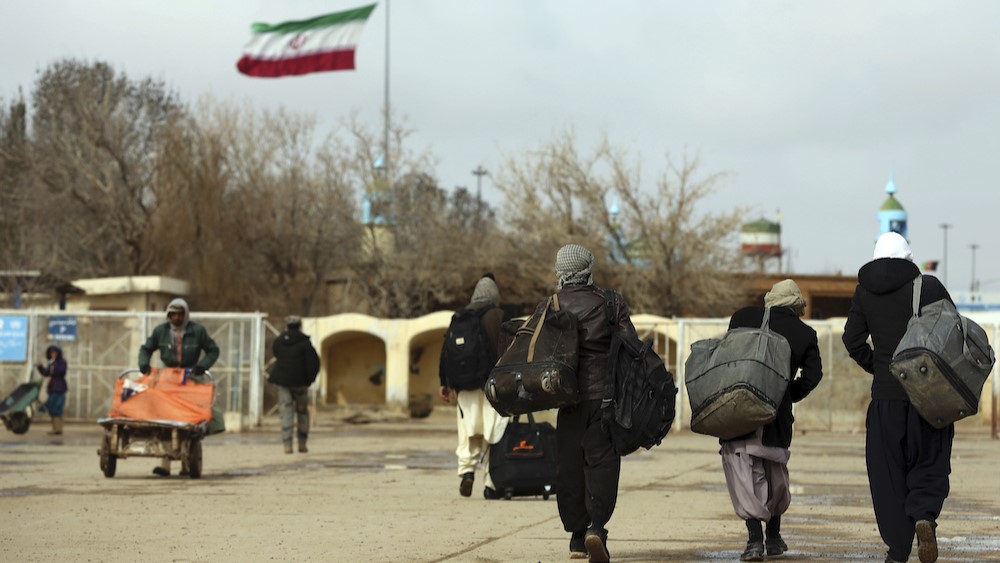Iranian authorities have announced plans to remove all Afghan migrants from Semnan Province by the end of 2026. Mehdi Agha Barari, acting deputy for political and security affairs in Semnan, outlined the timeline during a meeting on the management of foreign nationals in the region.
“In recent decades, undocumented Afghan nationals have entered the country en masse and without regulation, creating challenges across various sectors,” Agha Barari said, according to the Mehr news agency. He described the presence of “illegal” Afghan migrants as an urgent issue requiring decisive action.
Agha Barari highlighted measures being taken in Semnan to restrict Afghan migrants, including a ban on real estate agents working with them. Violators of the policy, he warned, would face severe consequences.
He also noted that over 450 kilometers of fencing has been erected along the Iran-Afghanistan border to prevent unauthorized crossings, with further measures planned to enhance border security.
The announcement comes amid an ongoing crackdown on Afghan migrants across Iran. Nader Yar Ahmadi, head of the Bureau for Aliens and Foreign Immigrants Affairs at Iran’s Ministry of Interior, said Sunday that approximately three million undocumented Afghan nationals have been deported from Iran over the past three years.
Speaking to Shargh, a prominent Iranian daily, Yar Ahmadi attributed the repeated influx of Afghan migrants to worsening conditions in Afghanistan, adding that law enforcement agencies would continue taking firm measures to remove undocumented individuals.
Afghan migrants in Iran face mounting economic hardships and severe legal restrictions. Analysts note that tightening policies have exacerbated their already precarious situation, making it harder for them to secure housing, employment, or basic services.
At the same time, ongoing instability and humanitarian crises in Afghanistan have fueled a steady flow of migration to neighboring countries, including Iran. Despite Iran’s measures to curb unauthorized migration, experts warn that the regional migration crisis is unlikely to abate without broader international support and intervention.




